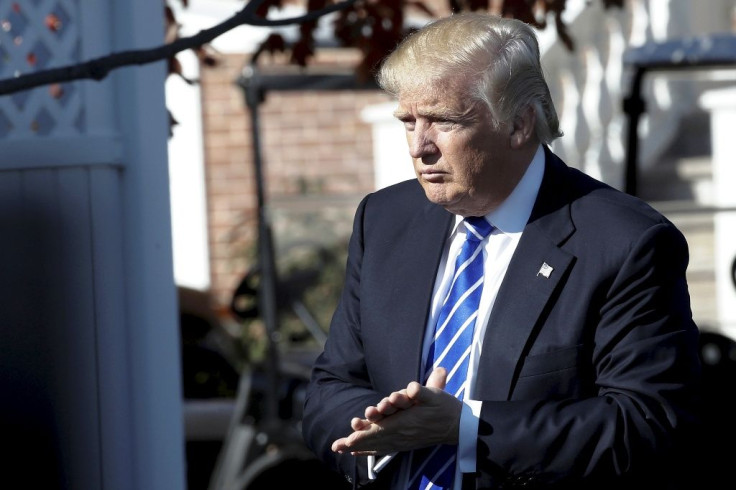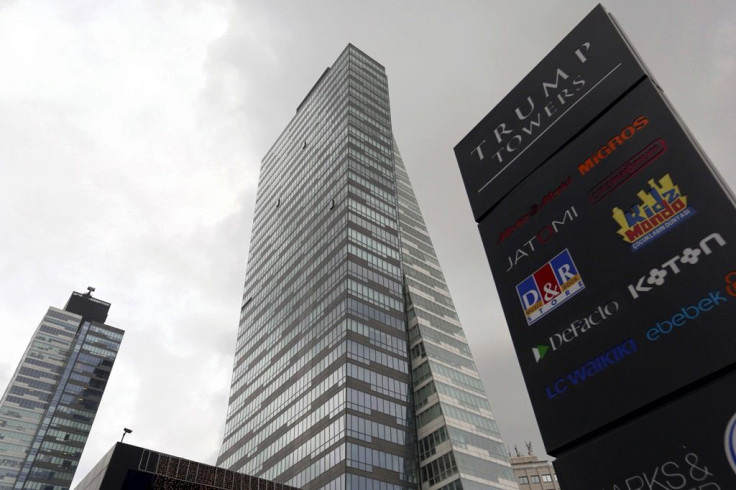Trump Tower In Cuba: After Fidel Castro’s Death, Will Donald Trump Invest In Island Nation?

Back in 1996, Donald Trump said he wanted to do business with Cuba and was “ready to build the Taj Mahal in Havana” once the “law changes.” At the time, the United States had a trade embargo against Cuba that prohibited American companies to invest in the island nation without Washington’s approval.
According to a September report in Newsweek, Trump’s hotel and casino company secretly conducted business in Cuba in violation of the strict embargo. Internal company records and court filings showed the company spent at least $68,000 trying to business in Cuba, the report said, adding the money was spent indirectly.
However, in a June 1999 op-ed in the Miami Herald, the construction mogul wrote he would rather lose millions than his self-respect by investing in a country that was a “maximum-security prison” under former revolutionary Fidel Castro’s rule.
“If I opened a casino/hotel in Havana, I would be required to pay Castro about $10,000 per year for each Cuban worker. But the workers would not benefit. Castro would pay them the equivalent of $10 a month. The rest he uses to pay for the brutal and violent system that keeps him in power — and deprives the Cuban people of basic human rights. In other words, my investment in Cuba would directly subsidize the oppression of the Cuban people,” Trump explained in the editorial.
However, 17 years since he wrote those words, the situation between the former Cold War foes has changed. President Barack Obama eased restrictions on Cuba in October and Trump is now the president-elect. And Fidel Castro, the man Trump reviled in his 1999 article, died late Friday at the age of 90.
So it is natural to ask: Will Trump, who is still a businessman, fulfill his dream of investing in Cuba to “benefit the long-suffering masses” — the term he used for Cubans in 1999?

Trump has investments in several countries. Recently, Argentine capital Buenos Aires rejected a permit to build a “Trump Tower” in the city. A local news report said Trump mentioned the proposed office complex to Argentine President Mauricio Macri who called Trump to congratulate him for his Nov. 8 election victory. However, the Macri administration rubbished the report, saying the construction project were not mentioned during the call.
Trump’s initial reaction to Castro’s death — a tweet that simply said “Fidel Castro is dead!” — was one that didn't give away much. However, he issued an elaborate statement later that is seen by some experts as the president-elect softening his stance on Cuba.
“This may be one place where his business interests prod him to take a more pragmatic course, even if that angers the hard-core, anti-Castro elements of both parties,” an unidentified U.S. intelligence official told Reuters.
In the statement, Trump called the former Cuban leader a “brutal dictator who oppressed his own people for nearly six decades.”
“Fidel Castro’s legacy is one of firing squads, theft, unimaginable suffering, poverty and the denial of fundamental human rights,” Trump said, in the statement. “While Cuba remains a totalitarian island, it is my hope that today marks a move away from the horrors endured for too long, and toward a future in which the wonderful Cuban people finally live in the freedom they so richly deserve.”
“Though the tragedies, deaths and pain caused by Fidel Castro cannot be erased, our administration will do all it can to ensure the Cuban people can finally begin their journey toward prosperity and liberty,” the president-elect added.
© Copyright IBTimes 2024. All rights reserved.












